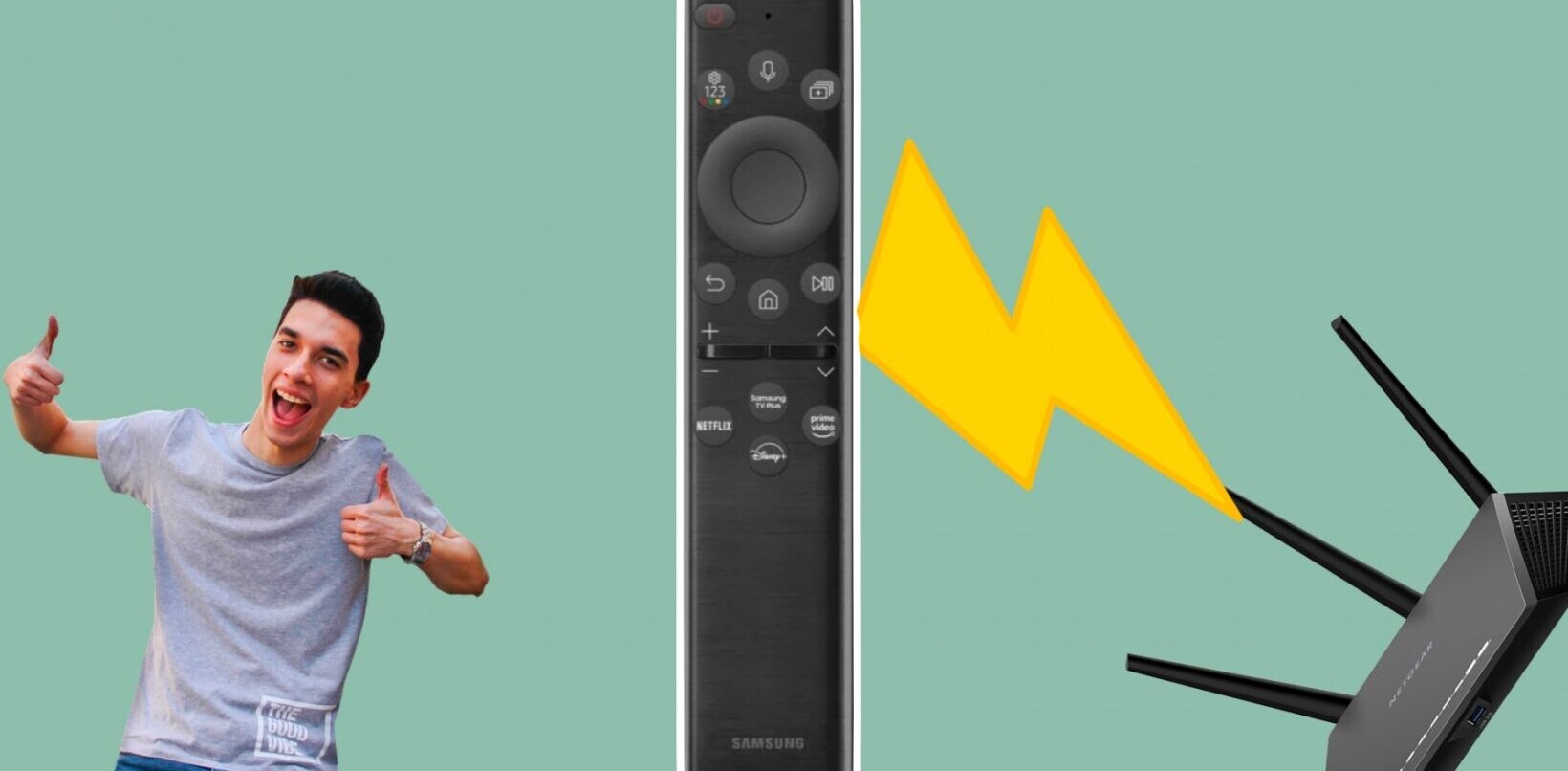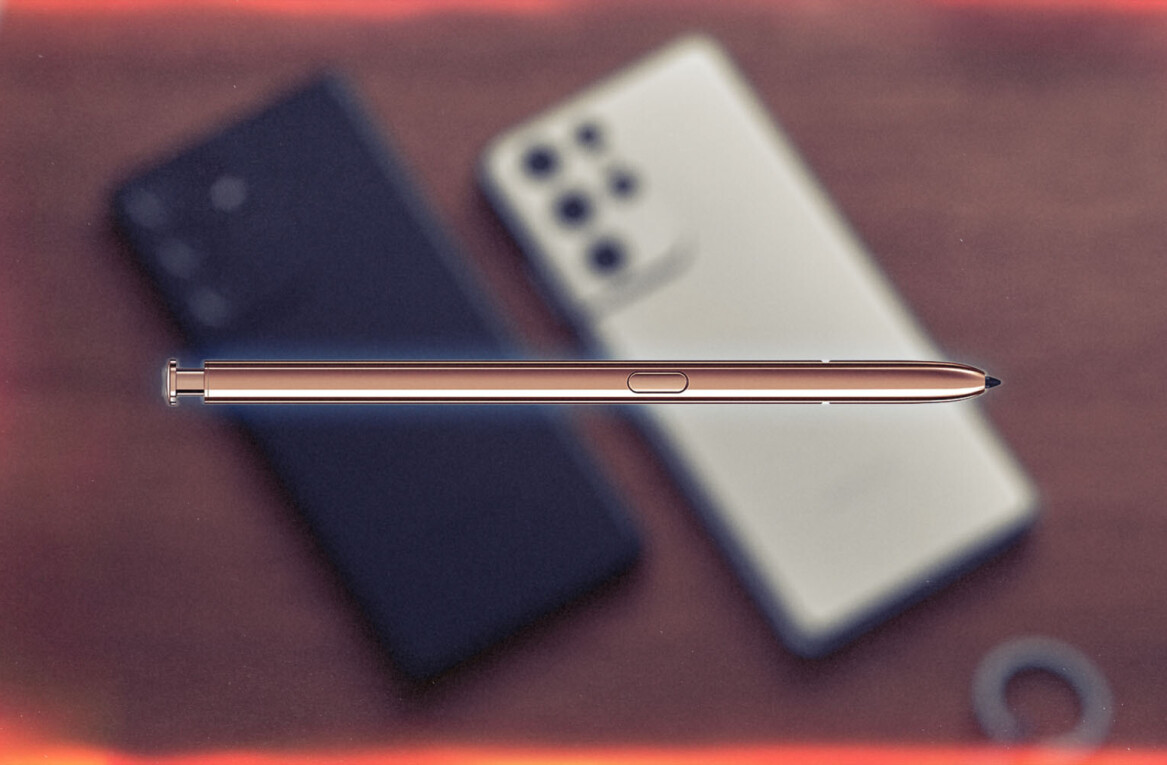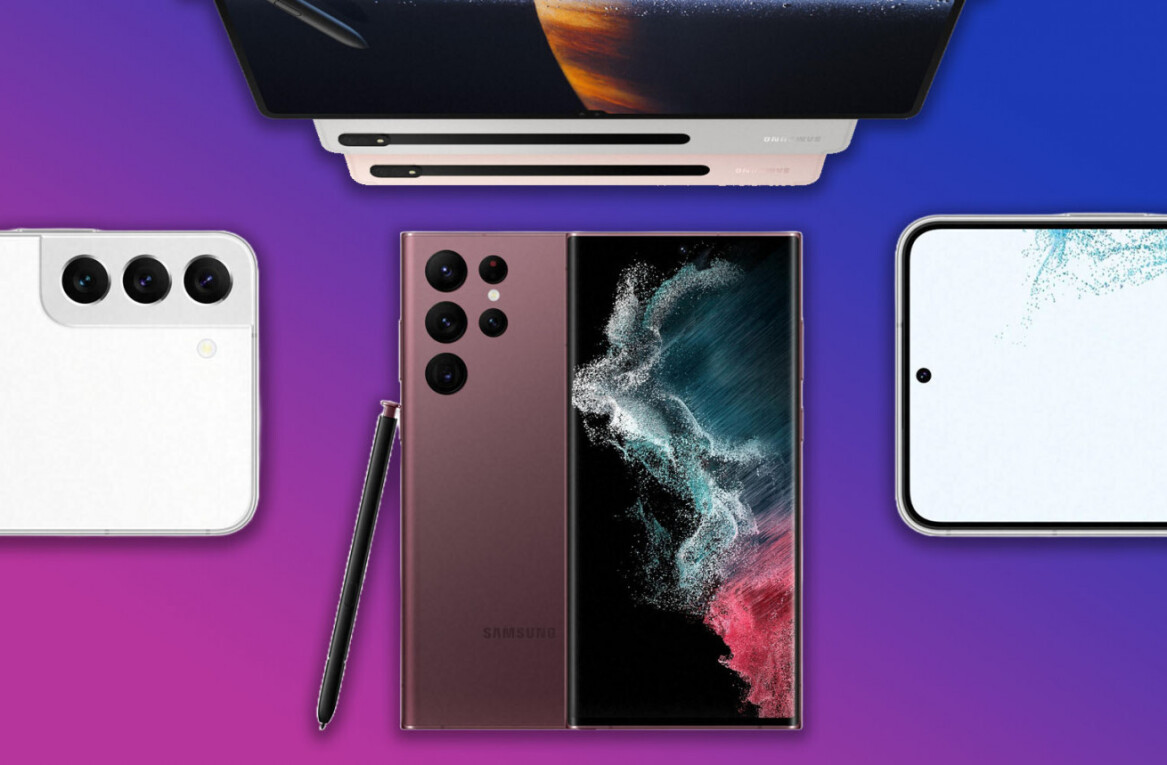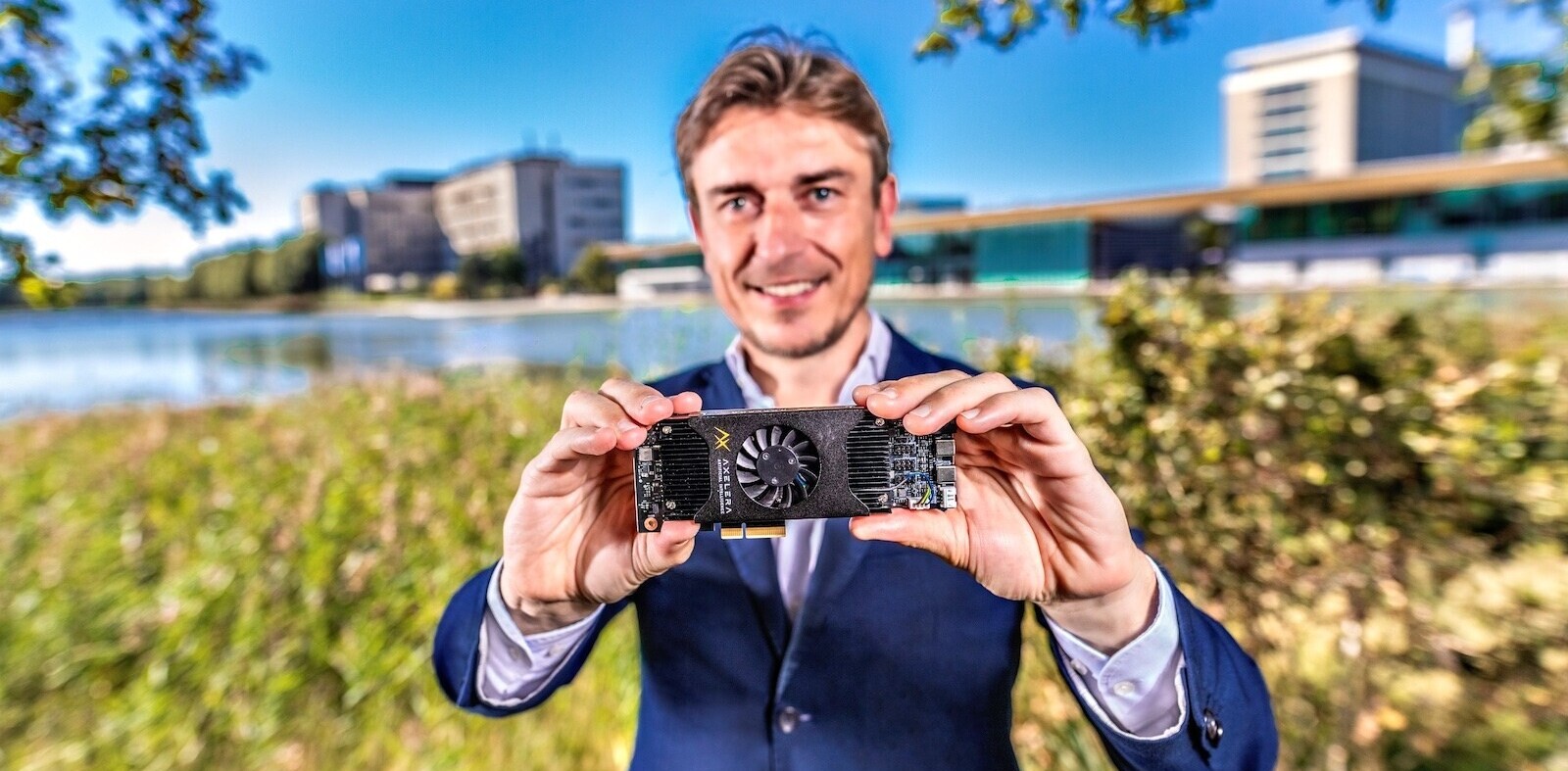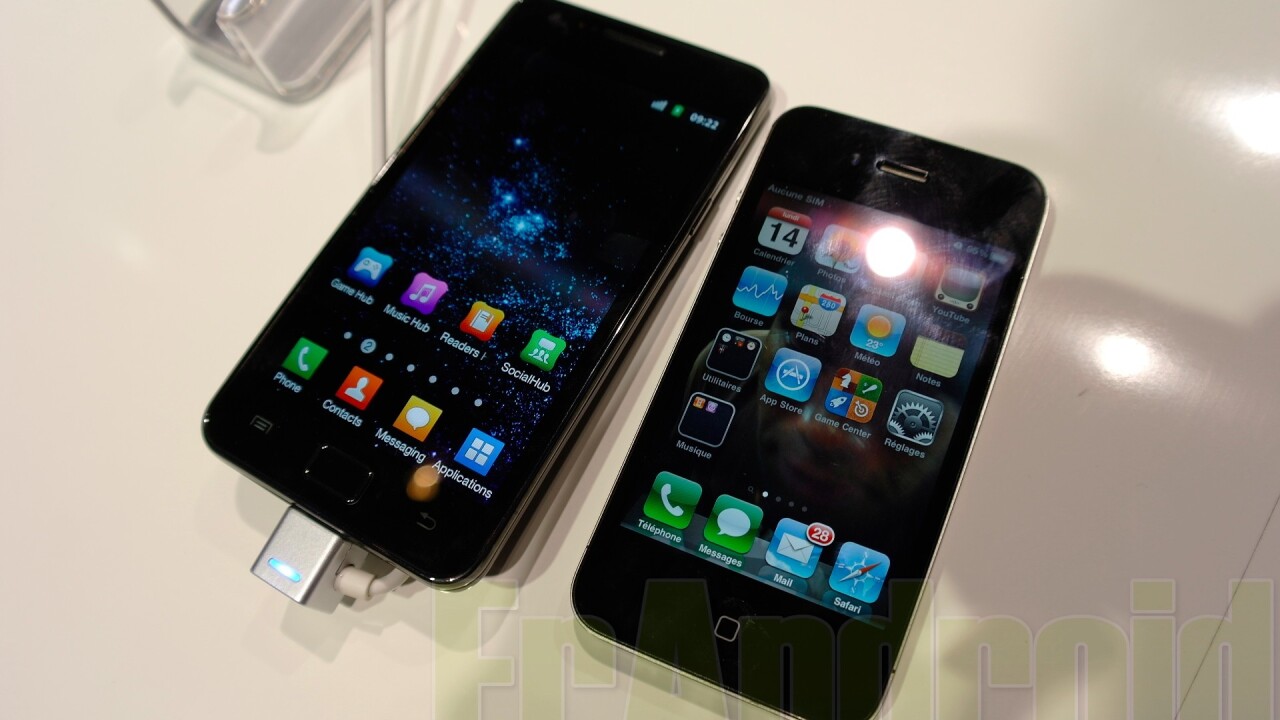
The summer blockbuster that is Apple v. Samsung is coming to a close as both companies have delivered their closing arguments. Neither side held back in their last opportunity to argue their case, with Apple telling Samsung to make its own phones and Samsung warning the jury that Apple is trying to mislead them.
It’s been an exciting four weeks. Along the way we’ve seen Samsung leak evidence that was refused by the court, never-before-seen prototypes of iPhones and iPads, and previously unreleased sales figures for both companies. We even got a hilarious parody from Conan O’Brien.
With the completion of both companies’ closing arguments, the decision is now up to the jury, which will begin deliberations on Wednesday.
Apple’s argument
Apple went first with its closing argument. AllThingsD reports that attorney Harold McElhinny started with a chronology. “If you want to find out what really happened, if you want to see the truth, you need to make a chronology,” he reportedly said.
The lawyer argued that there is a noticeable difference in Samsung’s designs after the arrival of the iPhone in 2007. “They were copying the worlds most successful product,” McElhinny said. “How do we know that? We know it from Samsung’s own documents. We see how they did it.”
Apple leaned heavily on Samsung’s documents as a smoking gun of infringement, according to CNET.
“Witnesses can be mistaken. They can be mistaken in good faith,” the lawyer said. “Exhibits that are created in a trial are always created with a purpose. They can confuse, and can mislead. Historical documents are almost always where the truth lies.”
McElhinny then reminded the jury of an embarrassing document from Samsung that compares the iPhone with the Galaxy S and makes recommendations on how to improve its device.

“They sat with the iPhone and went feature by feature, copying it to the smallest detail,” he said. “In those critical three months, Samsung was able to copy and incorporate the core part of Apple’s four-year investment without taking any of the risks, because they were copying the world’s most successful product.”
ArsTechnica noted that McElhinny justified Apple’s $2.75 billion damages claim because Samsung has sold more than 20 million accused devices in the US, generating over $8 billion in revenue from them.
“The damages in this case should be large—because the infringement has been massive,” he said.
Samsung’s argument
Samsung’s attorney Charles Verhoeven warned jurors that siding with Apple would “change the way competition works in this country,” CNET reports.
“Rather than competing in the marketplace, Apple is seeking a competitive edge in the courtroom,” he said.
Verhoeven returned to the line of thinking that Apple didn’t invent the rectangular shape and rounded corners of its iPhone.
“Guess what, every single smartphone has a rectangular shape with rounded corners and a big screen,” AllThingsD reported him as saying. “Just walk through Best Buy. … So Apple is here seeking $2 billion in damages for what? That little ornamentation on the screen. It’s amazing, really. Apple thinks it’s entitled to have a monopoly on a rounded rectangle with a touchscreen.

He also questioned whether anyone had bought Samsung’s devices thinking that they had bought one of Apple’s.
“There is no deception, no confusion, and Apple has no evidence of it. Consumers make choices, not mistakes. These are expensive products and consumers do a lot of research before they purchase them,” he said.
Samsung also challenged the credibility of Apple’s witnesses. Verhoeven pointed out that one expert hired by Apple had actually helped Samsung’s case.
The attorney went on to show the court Samsung’s entire arsenal of phones and argued that Apple had left some of them out and was playing a “shell game” by pretending those phones “never existed.”
“Counsel for Apple is trying to mislead you,” Verhoeven said. “There is no bad intent. There is no copying. … Samsung is a good corporate citizen. All it wants to do is make products that consumers want. … All this copying evidence is hand-waving by Apple. Why? Because they don’t have anything else.”
Final rebuttal
In its final rebuttal, Apple lawyer Bill Lee argued that it wasn’t opposed to competition from Samsung as long as it developed its own innovations.
“No one is trying to stop them from selling smartphones,” he said. “All we’re saying is: make your own. Make your own designs, make your own phones, and compete on your own innovations.”
Lee managed to send off a zinger by noting that the products Samsung has built that incorporate the patents it is accusing Apple of infringing “haven’t been praised or copied by anyone.”
McElhinny told the jury that a verdict in favor of Apple would “re-affirm” the American patent system.
“People in this valley will continue to invest. They will take chances—because they know their investment will be protected,” he said, before finishing up by telling the jury that “the world is watching.”
For his final remarks, Verhoeven told the jury, “Let’s let the innovators compete. And let’s allow Samsung to compete in the marketplace without Apple trying to stop it in the courtroom.”
Get the TNW newsletter
Get the most important tech news in your inbox each week.
